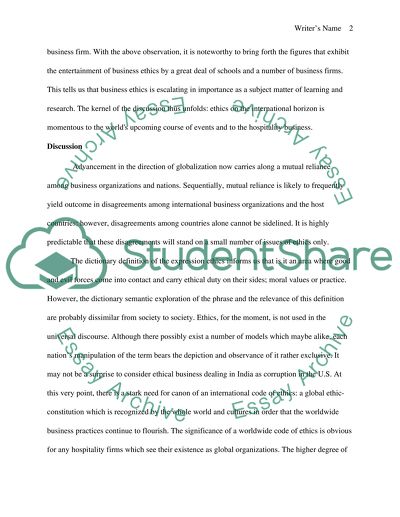Cite this document
(“Ethic of globalization Essay Example | Topics and Well Written Essays - 2500 words”, n.d.)
Ethic of globalization Essay Example | Topics and Well Written Essays - 2500 words. Retrieved from https://studentshare.org/miscellaneous/1516123-ethic-of-globalization
Ethic of globalization Essay Example | Topics and Well Written Essays - 2500 words. Retrieved from https://studentshare.org/miscellaneous/1516123-ethic-of-globalization
(Ethic of Globalization Essay Example | Topics and Well Written Essays - 2500 Words)
Ethic of Globalization Essay Example | Topics and Well Written Essays - 2500 Words. https://studentshare.org/miscellaneous/1516123-ethic-of-globalization.
Ethic of Globalization Essay Example | Topics and Well Written Essays - 2500 Words. https://studentshare.org/miscellaneous/1516123-ethic-of-globalization.
“Ethic of Globalization Essay Example | Topics and Well Written Essays - 2500 Words”, n.d. https://studentshare.org/miscellaneous/1516123-ethic-of-globalization.


